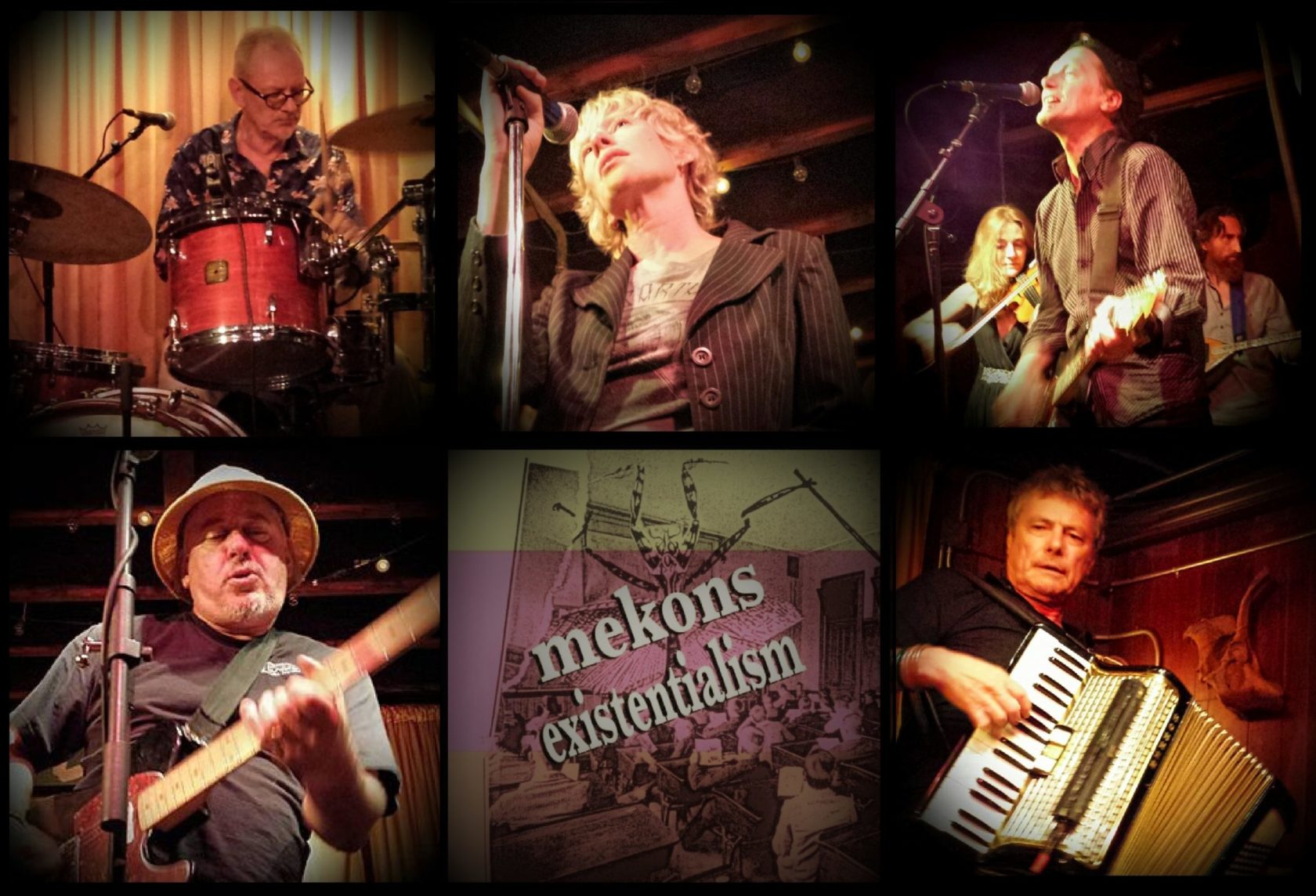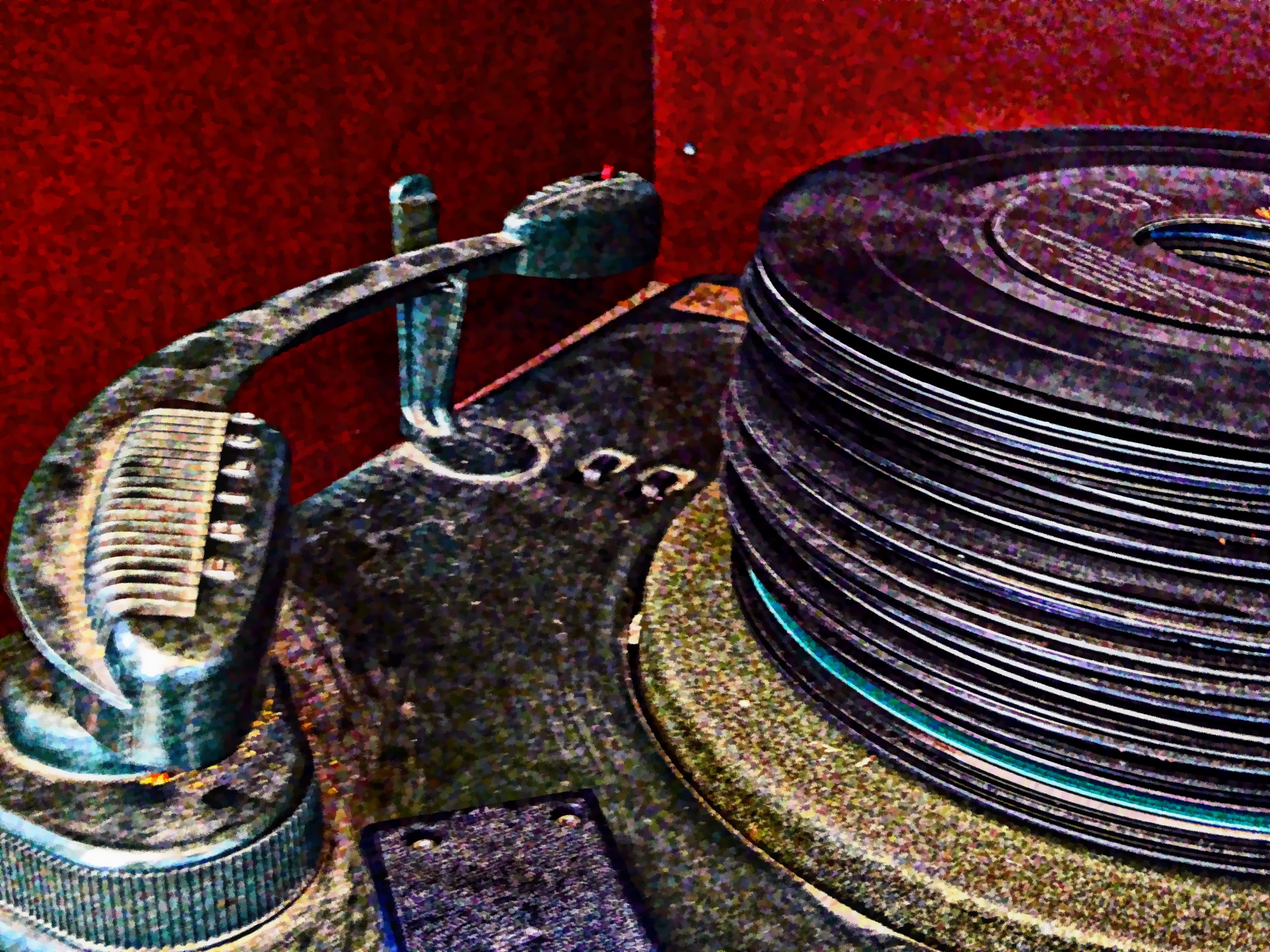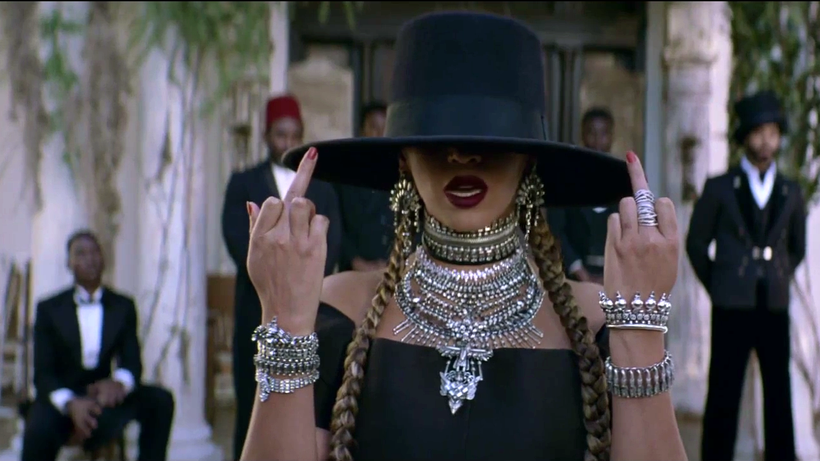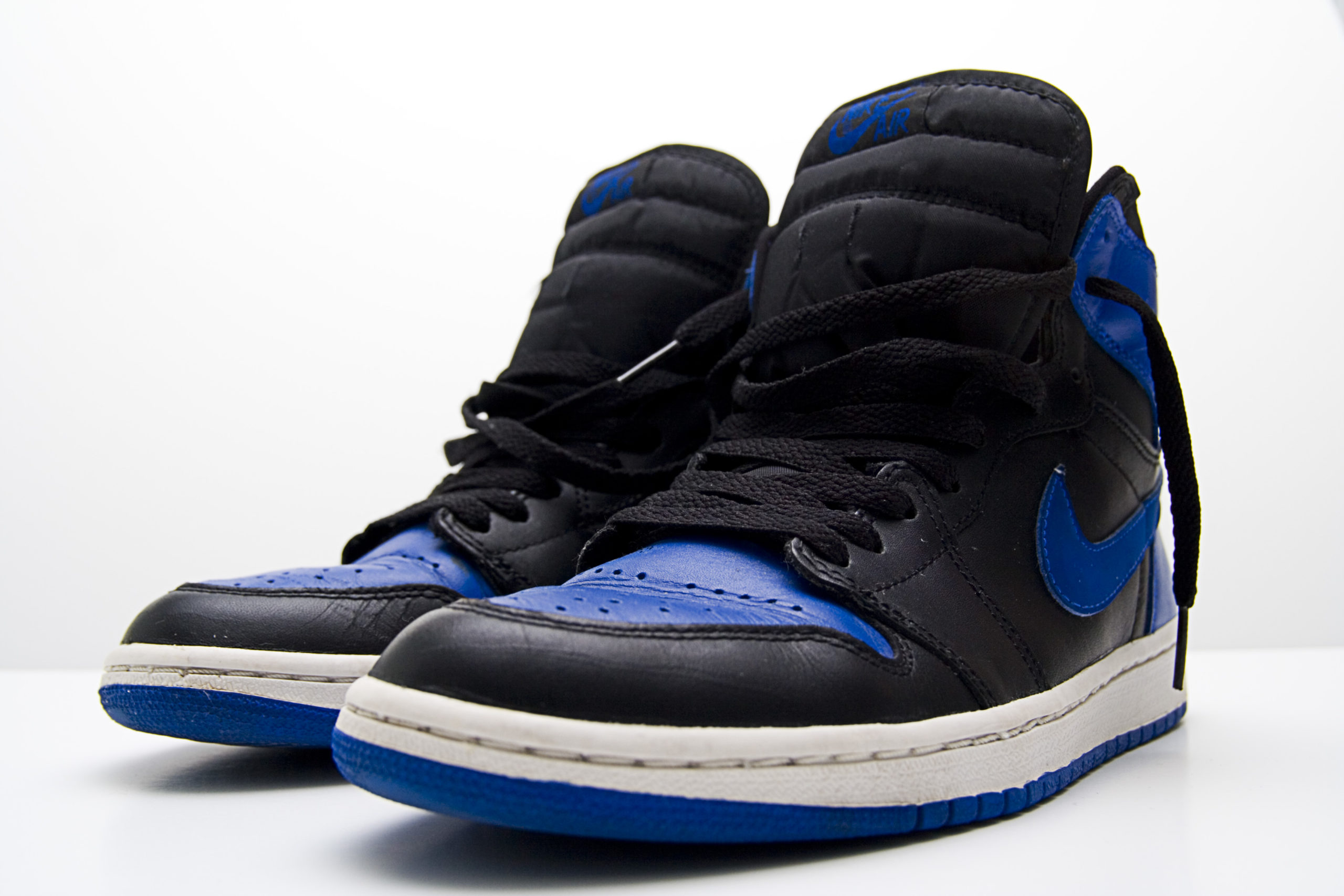
The Mekons wrapped up their fifteen-day tour this weekend, starting in Chicago at The Hideout and finishing in Cambridge at Middle East. They stopped for a few days in New York City, playing a concert at the Bowery Ballroom on the 21st and recording a new album before a live audience on the 23rd. A live screening of the Revenge of the Mekons documentary was shown on the 22nd.
Who are the Mekons? I’m glad you asked; you certainly won’t be the only one.
The First, The Last?
The Mekons emerged from Leeds in 1977 as one of the very first British post-punk bands. They never took themselves all that seriously and sought from day one to close the gap between audience and stage. They are artists as well as musicians, and to this day just as likely to get down to the nitty-gritty of social politics as they are to goof off. In the beginning, everyone was drunk; the crowd came on and off the stage; instruments swapped hands; unpaid, band members left and came back periodically. It wasn’t until 1984 that the Mekons reemerged as a stable band to play benefit concerts to support the cause of the Great Britain miners’ strike that had divided the country that year.
“One of the first punk bands out of England….and the last too!” Jon Langford, Mekons guitarist and artist of the “Nashville Cats” exhibit at the Country Music Hall of Fame, declared proud and half-joking at Tuesday’s concert. When Langford claimed to have been kidding about the second part, vocalist Sally Timms turned to Langford to remind him softly that “it’s not a joke,” because it isn’t really.
Punk Embodied
Langford and Timms are right, of course: the Mekons are both one of the first and one of the last “authentic” British post-punk bands that truly embodies the ideal of “punk,” rather than just the typically American fashion or iconography. After 38 years they’re still going strong, recording new songs, reinventing old ones, cultivating younger admirers alongside fans that have adored them for decades, and getting better all the while.
What kind of a band are they?
“A band of friends,” accordionist Rico Bell declared with cheerful certainty. “I don’t like genres.”
“It’s uh…kind of a….project,” mused Langford, “that came out of art school and the punk rock explosion in England in the ’70s…and then it became kind of a group of friends just doing what they felt like.”
Drummer Steve Goulding pondered the question for a moment before chuckling and offering this tidbit: “we’re a much better band than everyone thinks.”
And indeed, what else can you make of a band that plays punk and rock ‘n’ roll, but also country and bluegrass and English folk, and sometimes all at once? Some might say that they’re no longer a punk band, while others argue that they get even punker as they grow older, less popular, and more experimental.
Joe Angio, director of the documentary “Revenge of the Mekons,” sits decidedly in the latter camp. “Even though their music for the longest time has been completely removed from what punk music sounds like they’ve stayed really true to the values and ideals that were very indicative of punk in the UK,” said Angio, “in the UK there was a very social and political aspect to [punk], and I think the most prominent thing that appeals to me at least about the Mekons is that they’ve stayed true to these values and ideals”
One thing the Mekons have always been is absolutely unapologetic, daring to be unpopular, continuing to perform despite dismal commercial success, and generally refusing to die, artistically and culturally speaking (Do they have an artistic goal? Ideological, political, social? “Survival, really,” grinned Langford). They have things to say, and they are going to say them in a way that is genuine, if country or folky, whether you or the record company (they’ve had bad luck with the several labels they’ve released singles or signed with) likes it, or them, or not.
If that’s not the punkest thing you’ve ever heard I’ll eat my leather jacket, spikes and all.
The Concert
The Mekons opened their Tuesday performance with their classic “Memphis, Egypt,” demanding that we “destroy our safe and happy lives before it is too late,” which is a wonderful opener for a bunch of punkrockers that now have children and day jobs.
Jokes about geriatrics proliferated, accusations of wigs and balding were made. Sally sported a knee brace which, when asked about it during a lull by an audience member, was mysteriously explained with a grin and a shrug: “I’m just old.” One man in the crowd, after debating with his wife (“you ask her.” “No you ask her!”), finally confessed his suspicion that I looked too young to be anything other than the daughter of somebody there (I was indeed with my mother, a fan and friend of the Mekons for decades).
But amidst all of the pseudo-self-conscious, tongue-in-cheek, look-at-us-we’re-all-old! feelings, I heard one distinct sentiment repeated all around me, during and after the show. The askers were, tellingly, as bewildered about these feelings as anything else, but the admiration was unmistakable:
“They sound really good, don’t they?”
The Recording
A few dozen lucky souls took part in the recording of a new album at Jalopy in Brooklyn. We scrambled for seats in ten or twelve pew-like benches, and I was reminded of Sally’s Tuesday quip about the Bowery: “the Mekons finally found a way to sell out!” They played three four-song sets, and a “choir conductor” gave us instructions about silence and held up flash cards when our chorus lines approached.
The band repeatedly reminded us that they’d “never done this before,” and it soon became clear that they had never played many of the songs through before. As they fumbled through the first chords of one song, Sally asked, “how does it start? Are those the chords? It sounds different…” After flubbing one section of a bluesy number, Jon Langford cheerfully asked for our patience: “we’ve never heard that song before either!”
But most of the songs were recorded in just two takes, with more enthusiasm, cheer and sheer talent than frustration. Jon had to be told to stop stomping his feet while he played (“I wasn’t!” he insisted, innocently unaware of the subconscious emergence of his inner punkrocker). Nobody had any idea when the album would be released.
We heard punk and blues and sailor songs, and weird existential intellectual lyrics. It was all tense and new, but fun and undeniably good, the band insisting on “getting it right” while still pushing boundaries with flexibility and novelty and grace.
Four Decade Paradox
The Mekons are amazing because they have been so culturally impactful and artistically successful, despite—Goulding, Langford, and Bell would all say because of—their failure to achieve any kind of commercial success.
“We tried to be commercially successful and it didn’t work. It would never have worked,” Goulding insisted. “It’s not really what we’re supposed to be.” They work best as a jolly gang of musicians (of various sobriety levels, some might say), seeing each other when they can, and enjoying the journey for what it is.
“We haven’t made a huge amount of money out of being the Mekons, so we haven’t really got anything to bitch about,” noted Bell, observing that the lack of monetary pressure allowed them all to really enjoy creative time spent together.
Paycheck or no paycheck, they are one of the most important punk bands of all time, and have a lot of relevant objections and solutions to many of society’s contemporary ills, like capitalism. At worst, they have been loveably too-drunk-to-play, and at best they’re absolutely brilliant, in the same transcendent way as any of the great musicians we revere.
And nobody’s ever heard of them, which somehow makes them more brilliant and endearing, because they just keep on chugging forwards, getting better, and to hell with what you think about it anyway.




